On her 2017 debut album, Greek songstress and mental health advocate SARAH P. asked ‘Who Am I’.
But three years on during one of the strangest periods in modern history, SARAH P. is ‘Plotting Revolutions’ on her second long player. Attempting to intelligently address challenging topics without losing her humour and positivity, this body of work is also a paean to well-being during the most uncertain of times.
Combining electronic elements with more acoustic instruments, ‘Plotting Revolutions’ explores new sonic territory for SARAH P. while she herself experiments with different modes of vocal expression. Holding a mirror to society in a spirited mission to wake up those who might be sleeping, with an afflicted passion and concern for the future, ‘Plotting Revolutions’ is a call to action from the heart and the head.
SARAH P. spoke from her home in Athens about human nature and how her evolving quest for shelter, health, and happiness in life.
Even before the current crisis, we were living in strange times. Had there been a particular moment which triggered your train of thought?
For years, I’ve been talking about the historic times we live in. We’re thrown challenges the one after the other and are often caught feeling numb in the light of (yet) another crisis we’re faced with. I’ve always been inspired by current events. Even when I’m writing about a personal experience, I’m trying to reflect on my surroundings. I’m hypersensitive – there has never been a point in my life where I chose to live in a bubble and ignore what’s happening in the world.
Naturally, that’s become a drive – motivation to write music that speaks about problems we’re facing within our societies, but also calls out to every human on this planet to lead more conscious lives and generally, do better.
I want my songs to be part of an open conversation – if that happens, I’m pleased.
What sort of revolution are you hoping for?
A revolution for positive change. I hope for better days. I long for them. In the year 2020, we shouldn’t have to discuss how the eradication of racism is long overdue and mandatory for the general good of our societies.
There shouldn’t be people arguing that systemic racism is “not a thing”, or that fast-capitalism and economy-driven administrations and institutions offer a viable solution to our deep-rooted problems. The socio-economic gaps within our societies are vast, thus marginalizing more and more people, leaving only a few with power in their hands.
If you asked me the same question when I started writing the record, I’d talk to you about our need for balance and peace. While this is still relevant (obviously!), inequality has been deeply ingrained in our societies, that, in a perverted way, it’s even celebrated. What we observe every single day through TV and social media – the rise of shameless violence, the inhuman reaction to it by key political figures, and the general public being torn between sentiments of apathy and anger are signs of our times.
We can’t go forward without an actual revolution. Let’s channel our anger towards getting informed, supporting incredible activists, and causes for positive change.
Let’s vote for politicians who stand for and defend the democratic values and are capable of handling all those challenges that come with the incredibly unstable times we live in. In the following years, we’ll probably have to focus on what went wrong in the past decade and try to fix it.
Moving forward we need visionaries to lead us towards change and meaningful progress. That’s the type of revolution I’m hoping for – the one that brings capable leaders to the foreground and lifts them, to help them carry out their difficult job.
‘Plotting Revolutions’ is more organic that your previous work, how has the creative process been for you by using different colours? Did you have any particular artist references?
The starting point will always be minimal synths and loops for me.
However, going to the studio and working together with my long-time collaborator and friend George Priniotakis, there’s a tendency of wanting to “warm-up” the atmosphere and add organic flourishes and riffs to my songs – make them more accessible, less obscure and introverted.
That’s mainly achieved by surrounding the vocals with organic instruments and often using vintage rack effects. We double up my beats with a drum kit and percussions. For this record, I even used a baglamas – a tiny lute-like instrument that’s been used very often in Greek music, specifically in rebetiko…
The key is listening to the lyrics – they’re always centered and meant to be heard. As I’m maturing as an artist, I tend to look back to the first pieces of music that moved me, resonated with me and my life at the time. There are some prolific Greek artists and composers – like Manos Hadjidakis and particularly his record ‘Reflections’, recorded by the NEW YORK ROCK & ROLL ENSEMBLE, that have influenced the way I write.
Lyrics are a focal point in Greek music – that’s how I’m handling my writing too, now more proudly than ever. It’s all about vulnerability. That’s plentiful, with the use of organic instruments – without disregarding the power of a good synth, of course.
Did it take longer to record using a less technological approach? What challenges did you face?
Recording the album didn’t take as long – I’ve adopted this style since my debut ‘Who Am I’, so work’s flowing while at the studio. What happened was that by the end of the recordings, I realized that I needed to take my distance from the material.
While at the studio, finishing up the record, I wrote my ‘Maenads’ EP, recorded it, filmed music videos, and released it. There were some internal changes at the time within the team I’m working with, which I guess affected me more than I expected. It was important for me to find the right partners who would understand and appreciate my music for what it is and not for what it could be.
Many people in the industry have tried to change me, based on how I look and sound. Sometimes, I tried to fit in the boxes some put out for me, but in the end, I was unhappy. And what’s the point of making and releasing music, if it makes you unhappy?
That’s why ‘Plotting Revolutions’ is being released three years later. It’s the first time I’m taking so long – I’m usually very impulsive with my releases. There’s something about this record that’s making me feel uncomfortable but in a good way. It’s rawer than previous work I’ve released – it’s more out there. It doesn’t beat around the bush. It represents who I strive to be in my everyday life, too.
Had your return to Athens after living for several years in Berlin been influential in the making of this album?
I wrote and finished the majority of this record while still living in Berlin, so not really – but I can see how moving back will affect my writing in the future.
So what would ‘Athena’ be referring to?
‘Athena’ is about my love and hate relationship with Athens. I left Athens when it started feeling unsafe for me. The year before leaving for Berlin was extremely traumatizing. Ever since, whenever I visited, I felt strained. I didn’t go out as much – I didn’t meet up with a lot of people. You’ll probably hear similar stories by many Athenians – feeling trapped, wanting to break away. It’s a tough city.
The video we filmed with The Méta Project serves as reclaiming my city, in a way. Which is something I anyway did during my pregnancy – walking around the city and running errands, going to work, following the most mundane routine helped me come out of my shell and see Athens for what it is – a vibrant city full of paradoxes and character, with its good and bad sides. There’s no heaven on earth; nowhere’s perfect. Humans are not perfect. Weirdly, this very thought has a calming effect.
‘Laying Low’ starts by saying we are “fighting with the past”?
Aren’t we? Aren’t we stuck? We’re too busy trying to make things as they were, instead of turning our focus towards the future. That said, ‘Laying Low’ is about accepting that sometimes we need to take our time to move forward. ’Laying Low’ is this one song that’s coming on the screen when a movie hero’s doubting themselves and they need a confidence boost – usually offered by their best friend.
There’s nothing wrong with having a low. I’ve been advocating for mental health for so many years, preaching we must accept that “it’s ok to not be ok”. Which is absolutely true, but, if I’m honest, truly hard to practice… Life doesn’t stop and it often gets too much, which makes it hard to take a day off.
Yet, it’s essential to try to make time for ourselves. I sing “there’re monsters in the cave, yourself you need to save”; often the “monsters” come out when we isolate ourselves. I know it’s hard to seek out for help – also because of unapproachable resources. Another point for the revolution – create and endorse accessible support systems within our societies. Helplines – while important, are not enough. We have to write it down on the agenda.
Is ‘She’ autobiographical or observational?
It’s both. A good thing about the internet and speaking about mental health on there is that I got to connect with people who shared with me their journey, as I shared mine. When darkness is approaching, there’s very little one can do. But also because it’s happened too often throughout your life, we’ve managed to come up with coping mechanisms that can save us from entering the vicious circle of despair. That’s who “she” is.
‘The Poem Of A Clear Consciousness’ mixes acoustic and synthesizer textures as well as you adopting a more playful demeanour than on some of your other work? Was there anything you had overcome?
Maybe my demureness. I started writing this song after having an endearing encounter on my way back home in Berlin. I saw this baby fox and we made eye contact. The cub seemed scared – probably looking for his / her mother, but it was also exceptionally calm, given the situation it had found itself. Something in the cub’s look made me think of the human vanity – all those things we’re going after, irrespective of the harm we may cause to other people, animals, and ultimately the planet.
How I also sing on ‘The Truth’: “there’s a faith, there’s one belief – that the human is master of them all, that the people can conquer them all”. This incredible superiority complex and greed have led us to a dead-end. But we don’t even dare to take responsibility for all those things we’ve done wrong; it’s always someone else’s fault. I know I’m painting a bleak image, but to be fair, there’s nothing great about the world right now. Positive change can happen if we take matters to our hands and work towards it.
You let yourself go vocally on ‘Bits & Bytes’, is that about society’s over-reliance on technology?
Absolutely. I let myself go, protesting the picture-perfect lives the majority of humanity (us) lives online! How do we unwind, when our phones have become our extension? We have forgotten how to be on our own, by ourselves. When do we pause?
We can’t even sign in and out without announcing it to our “followers”. There’s pressure for everyone to comment on everything – give statements. Everything has become about quantity, metrics. That’s another sign of our times – claiming those five minutes of fame, trying to make them six, seven, eight…
We’re consumed by our digital encounters, notifications, and our online likability. These antics have a horrific effect on our mental health – a topic I’m invested in and exploring on ‘Bits & Bytes’.
‘An End Or The End’, that is quite a profound statement which can be taken on many levels?
“Opportunist allies can’t always win the bet” – I’ll leave it there. Food for thought for every person who’s exercising their voting rights. Especially in Europe (and I’m looking at the UK, as well), we’ve experienced first-hand the strain and unrest that comes with conservatism and austerity. My main concern is what kind of world will the future generations inherit from us – the reality my daughter and her peers are going to face. I’ll never get tired saying that it’s on us to make a U-turn and drive forward instead of taking backward steps.
‘The Truth’ mentions “there are soldiers passing” and “a half salute”…
“There are soldiers passing [away] – there are kids that make emotions fold” – this part of the song refers to senseless violence caused by war.
Throughout the song, I’m touching on war crimes, violence, greed.
‘The Truth’ is about calling things as they are, laying out facts, and inviting those who stand at the opposite side to join “us” in trying to make things better. Then they can give “us” a “half salute”– a signal for recognizing the cause and joining the fight, “as long as [they] admit it – [they] tell us where [they] keep it” – where they keep their heart.
To be honest, under different circumstances, I’d never break down my lyrics. However, I understand that at this point, these parts having been singled out can be misleading to what I’m standing for. I wrote this song three years ago – things have escalated since then; even more harm is done. Having witnessed what’s happened over the past three years, I may say I don’t have any unrealistic expectations anymore. But hope’s not lost and at some point, things have to get better; for that to happen, we’ll eventually have to come together.
‘Beauty Queen’ is almost psychedelic and will surprise people…
I hope pleasantly 🙂
It’s my most organic track to date. I’d like to experiment more with this vintage sound in the future. It comes very naturally to me, having been raised by parents who appreciate the 60s and 70s, musically.
‘We Won’ is a gentle solemn closer that brings in a string section, how did that come together? Is this a song you would have been able to make 5 years ago?
From the moment I wrote ‘We Won’, I knew I wanted / needed strings to complete and “lift” the production. In a way, ‘We Won’ is the older sibling of ‘Berlin During Winter’ from my debut ‘Who Am I’. The two songs share a similar mood and atmosphere. Which was intended.
You see, from the ‘Free’ EP to ‘Plotting Revolutions’, there’s linear evolution meant to depict different moments in one’s life – from childhood and teenage years to adulthood. ‘Plotting Revolutions’
is adulthood – adult worries, routine and different kind of expectations and hopes. In that sense, as an intuitive writer, I’m unsure if I was able to write this song five years ago.
‘We Won’ is not only the closer of the record but also of a bigger music project that started with my debut EP. Now that I shared the story I wished to tell, for once, I don’t know what will follow musically – I’m yet to discover my music future.
You have described ‘Plotting Revolutions’ as your most mature work yet, do you have any particular favourite moments on this record?
Definitely experimenting with new instruments and sounds, as well as taking my time with releasing this material.
Has your perspective on your art changed since becoming a parent? What are your hopes and fears for the future?
To be honest, I haven’t created art as much as I thought I would during my pregnancy and these few months since my baby was born. I wrote some poetry, recorded a couple of songs in collaboration with other artists, but that’s it.
If anything, my perspective on life and the world has changed. Some fears I already had about where we’re headed have been magnified – thinking of the world my daughter and other people’s children will walk. There’s a momentum to demand justice and change right now, due to current tragic circumstances – “circumstances” nowhere to be new.
It was about time to (broadly) start calling out racial inequality, discrimination, and violence – it was about time to (broadly) start fighting for the most vulnerable within our societies. I hope it’s not a relevant trend that’s going to pass. It’s Pride month – look how the trans community has been continuously taunted and killed. Look at the killings of young BLM activist and artist Oluwatoyin Salau and 75-year-old AARP volunteer Victoria Sims in what looks a whole lot like a case of sex/gender-based violence.
Yes, media are mostly US-driven, but violence and bigotry are omnipresent, everywhere. There’s so much brutality in the world – a certain “I’ve got nothing to lose” mentality that’s turning human into a monster. Our children deserve better. We deserve better. I want to believe we’re better than that. Change won’t come without a fight. And we should realize that this is everyone’s fight to fight – every single person’s battle.
No matter if one chooses the activism route, protesting, petitioning, creating art – or keeps having conversations with the people in their lives and educating themselves on how to be and do better, we all have to exercise our voting rights and opt for the general good that is stabilizing the world. Move forward; no more going backward. No more.
ELECTRICITYCLUB.CO.UK gives its warmest thanks to SARAH P.
Special thanks also to Robert Helbig at Hellbig Music
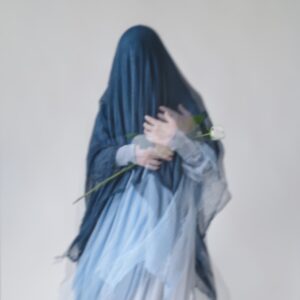 ‘Plotting Revolutions’
‘Plotting Revolutions’ is released by EraseRestart Records via the usual digital outlets
https://www.facebook.com/sarahpofficial/
https://twitter.com/sarahpofficial
https://www.instagram.com/sarahpofficial/
https://sarahpofficial.bandcamp.com/
Text and Interview by Chi Ming Lai
Photos by Georgina Staikou
22nd June 2020



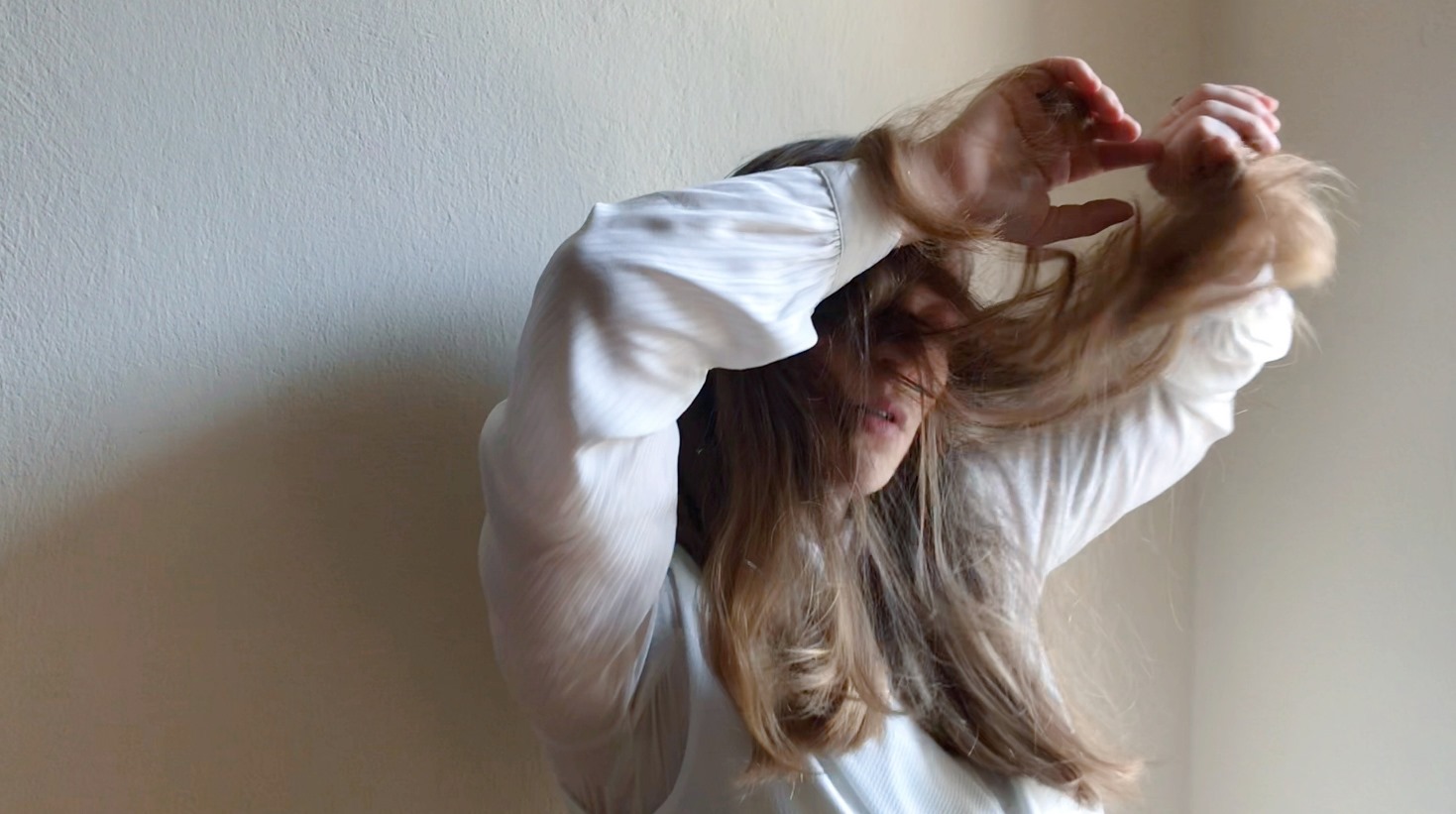
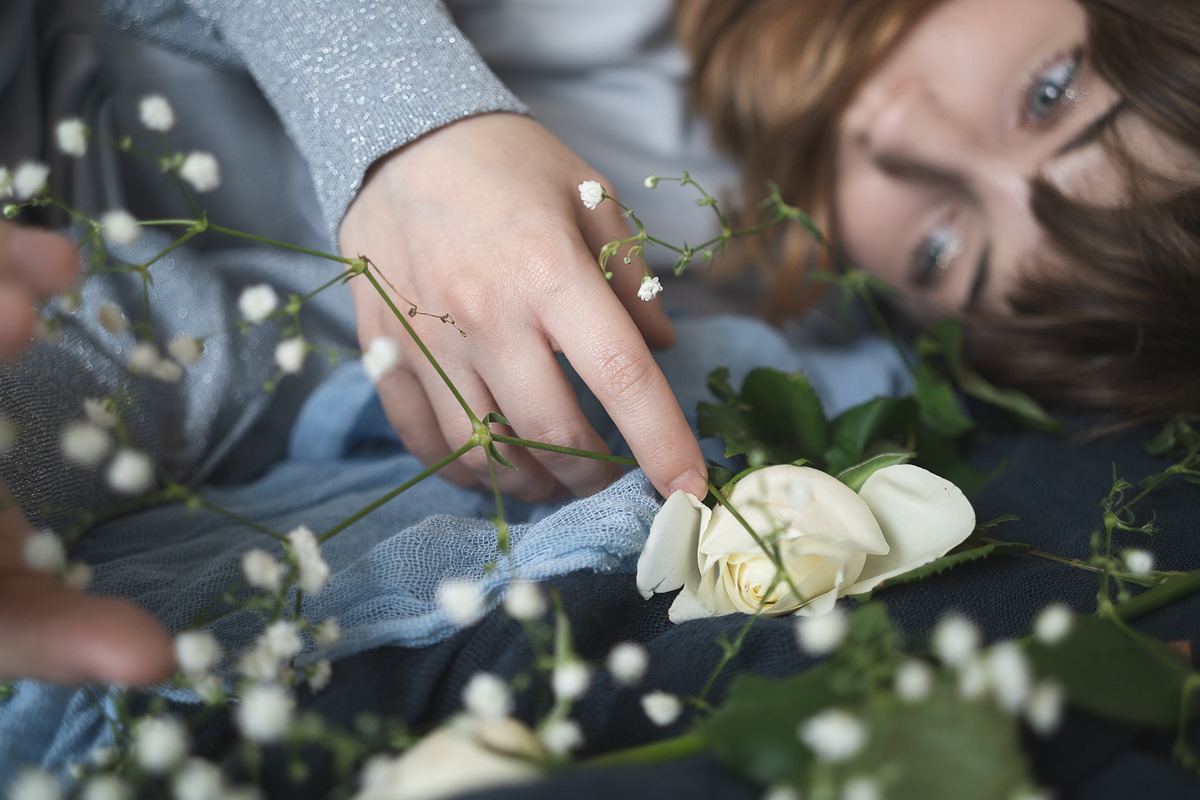
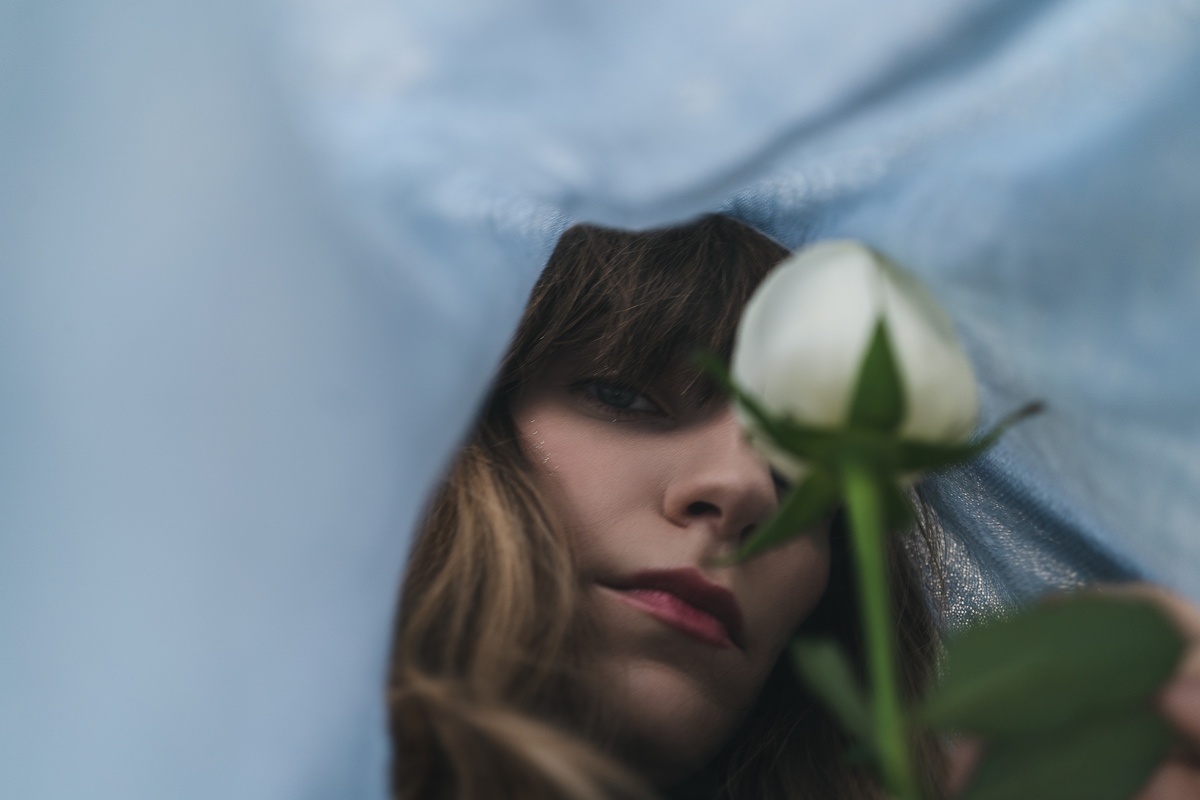

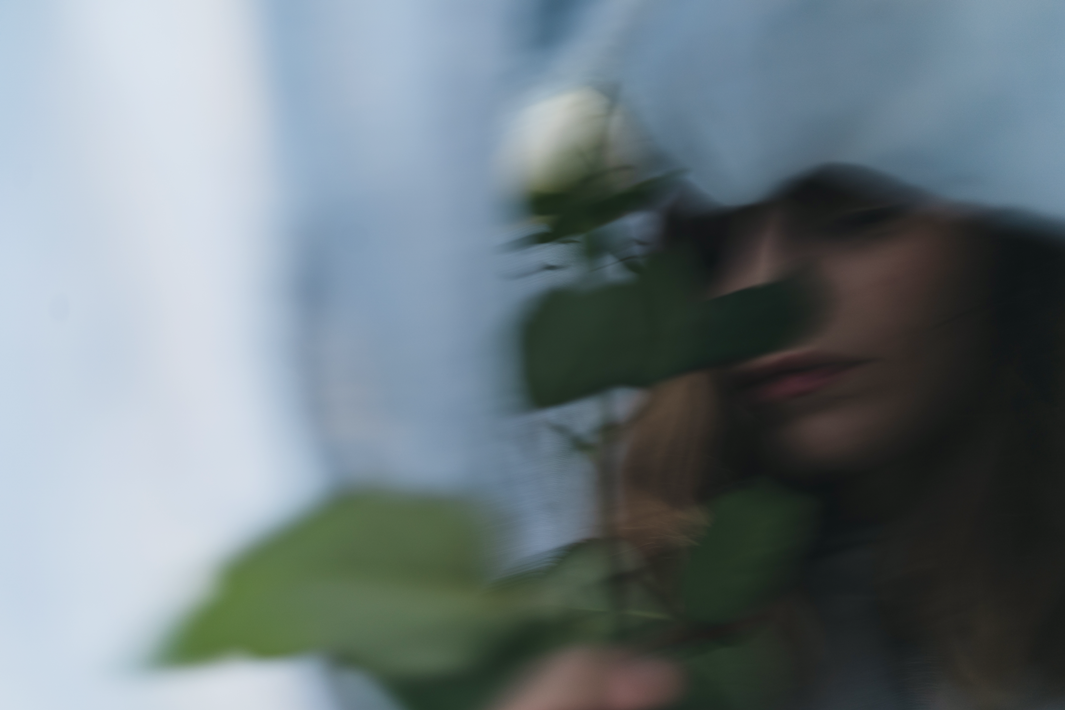
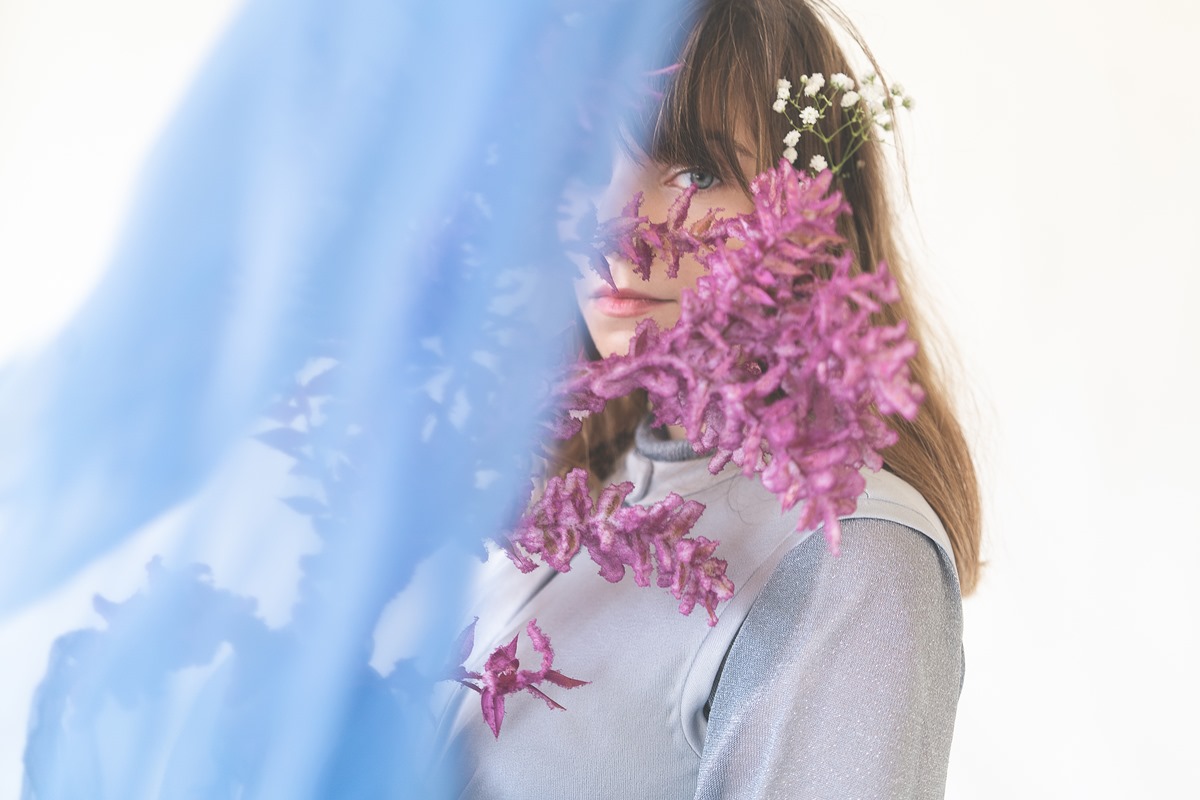
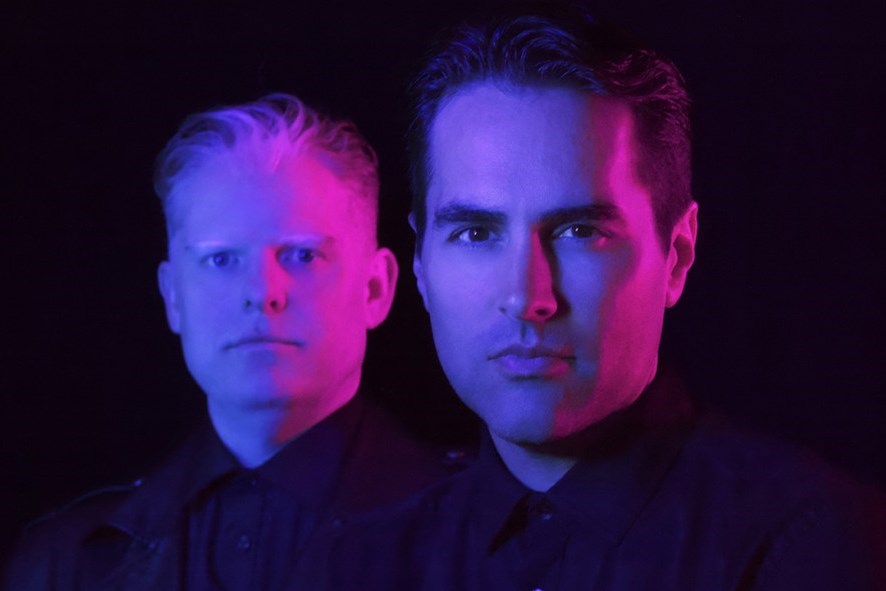
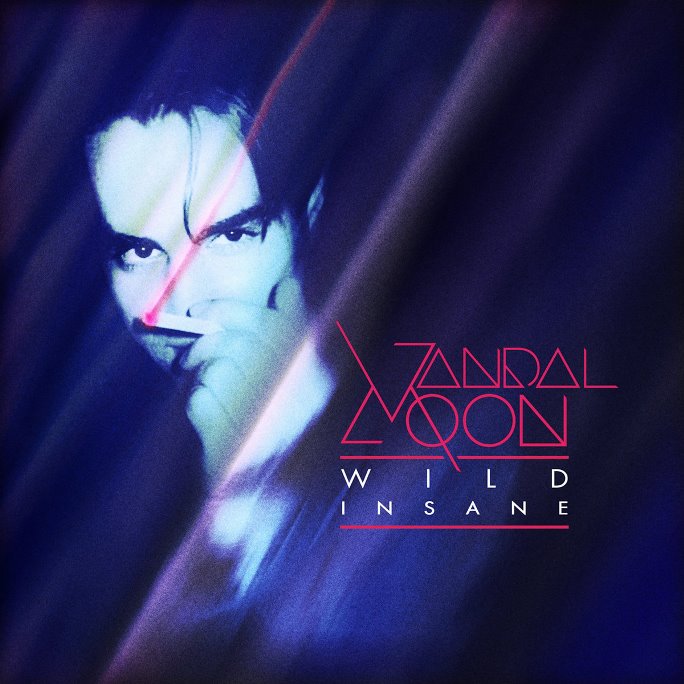
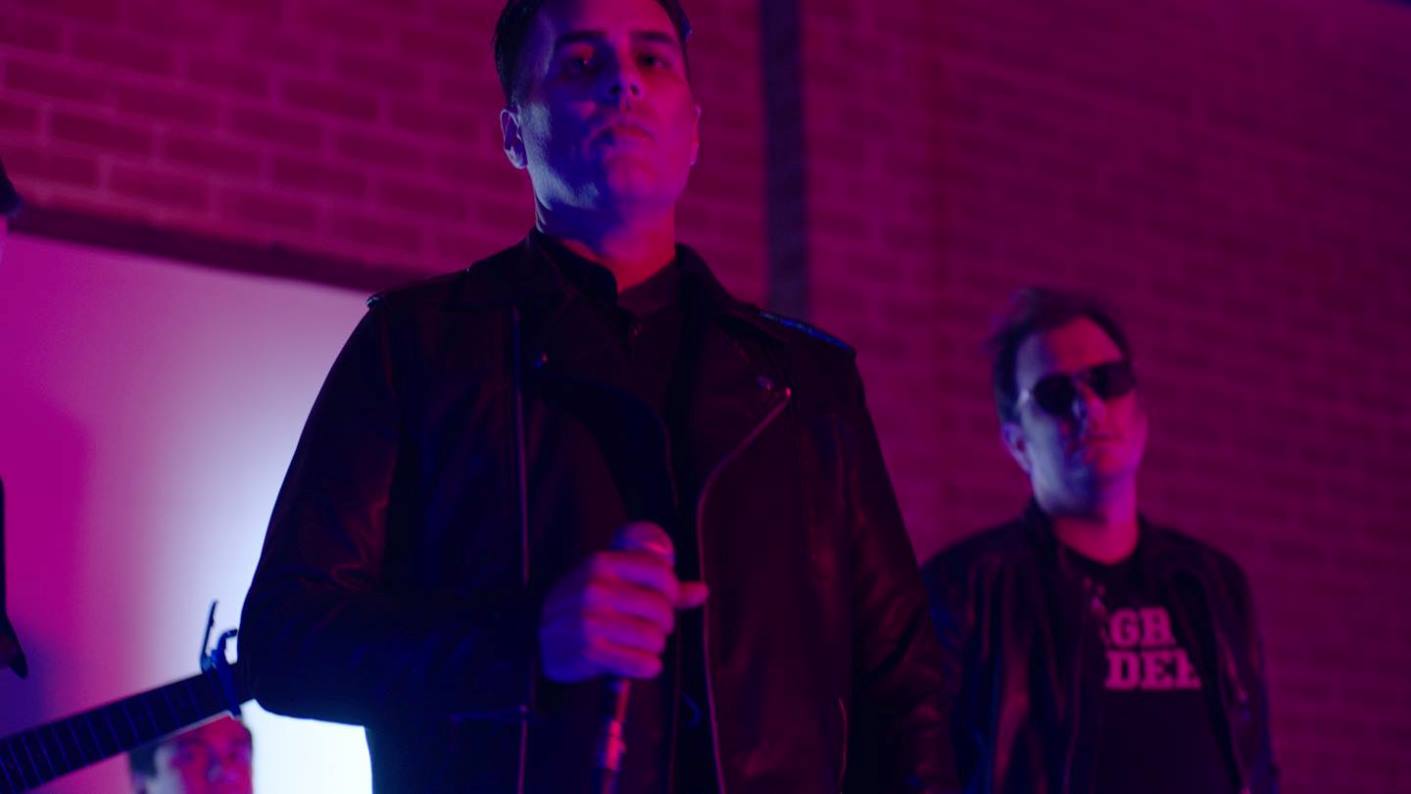
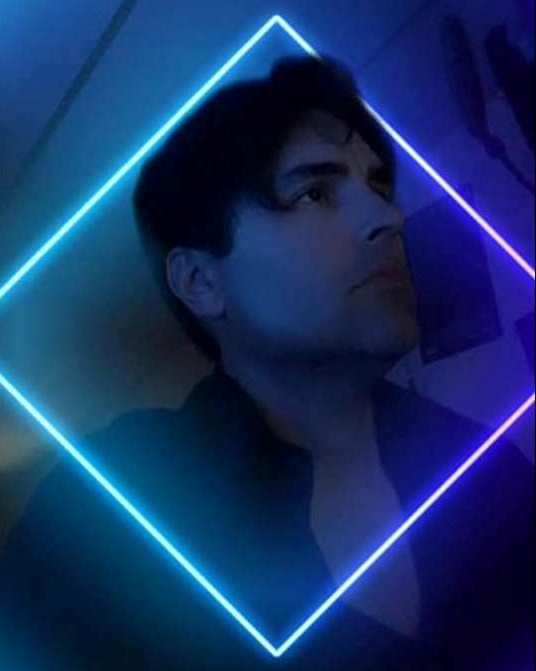
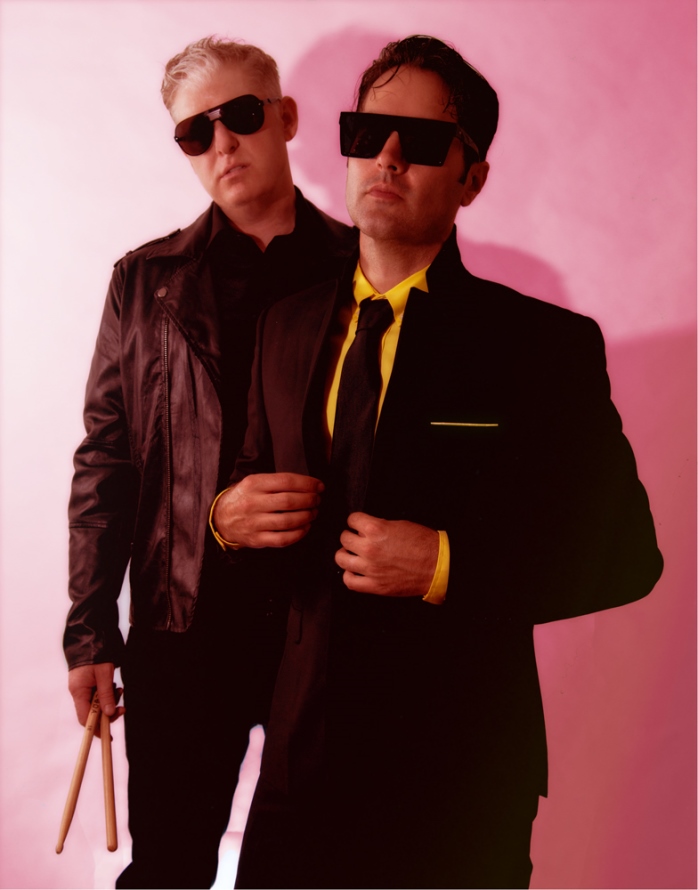
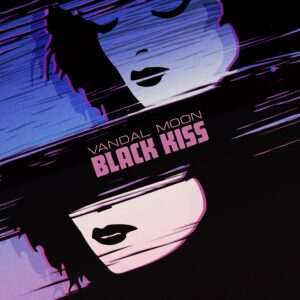
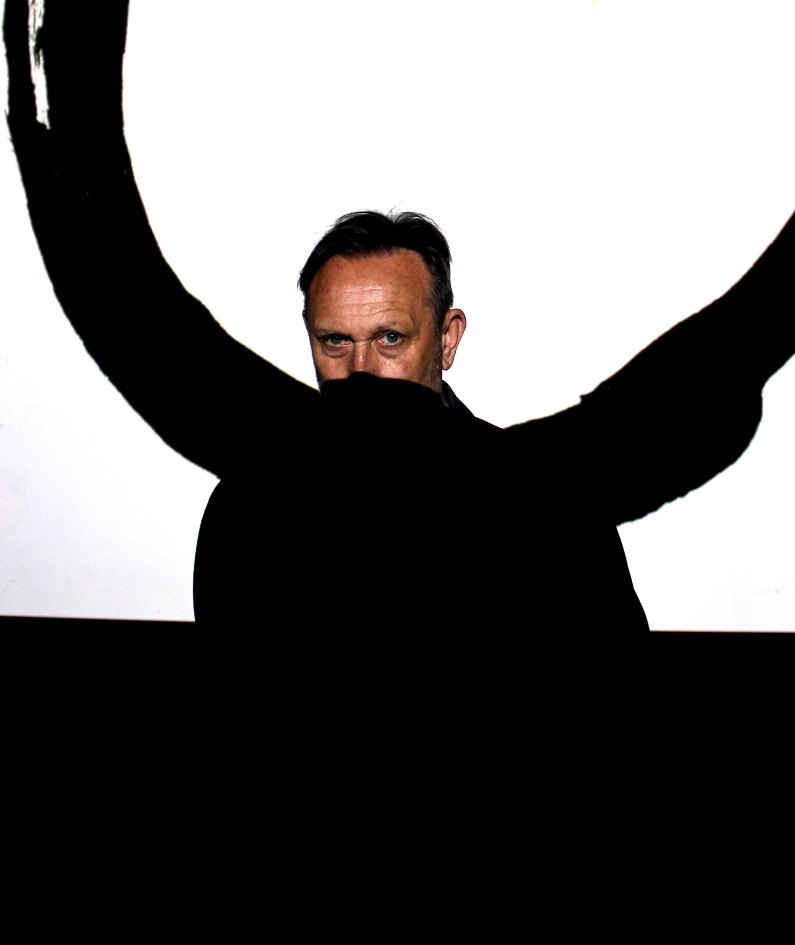
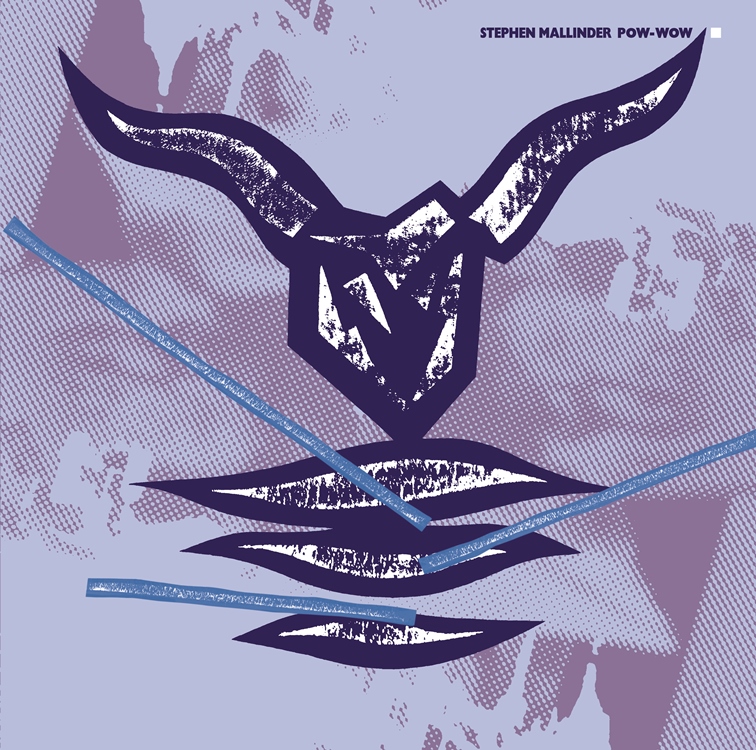
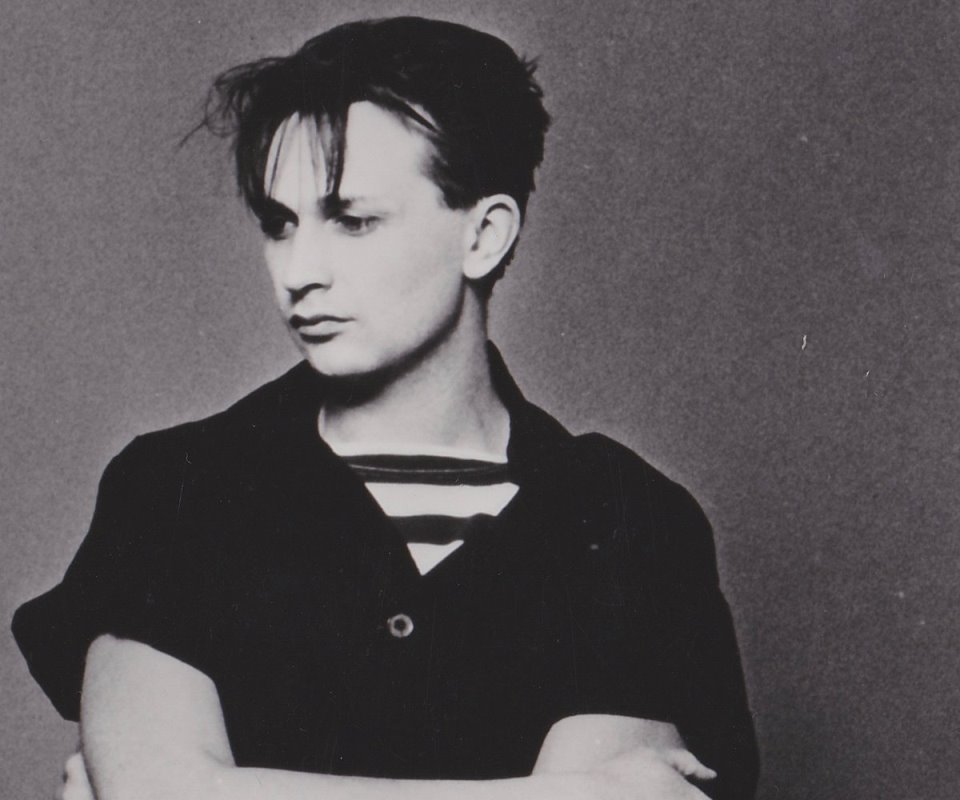
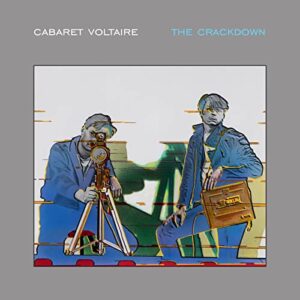
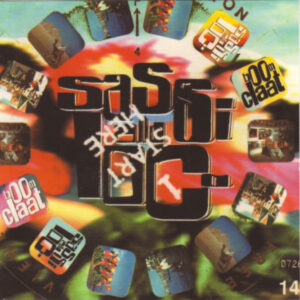
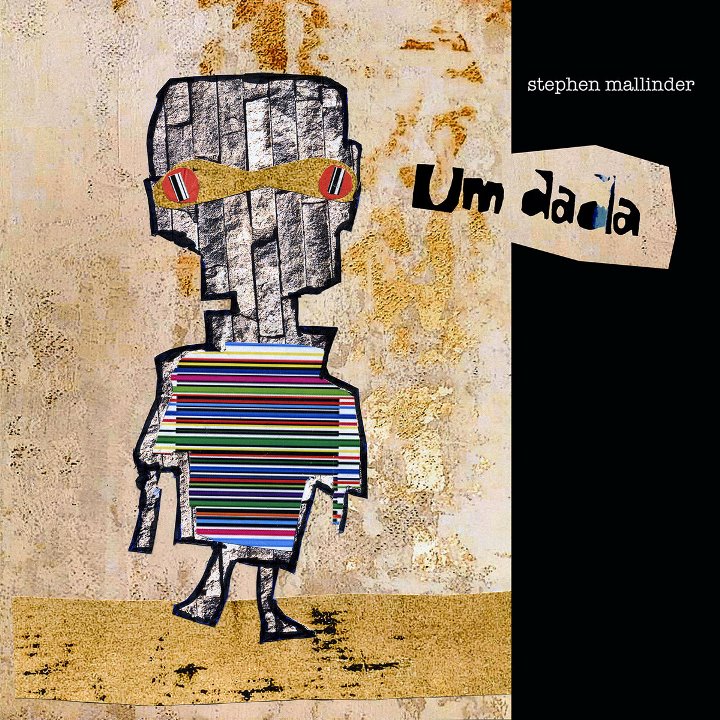
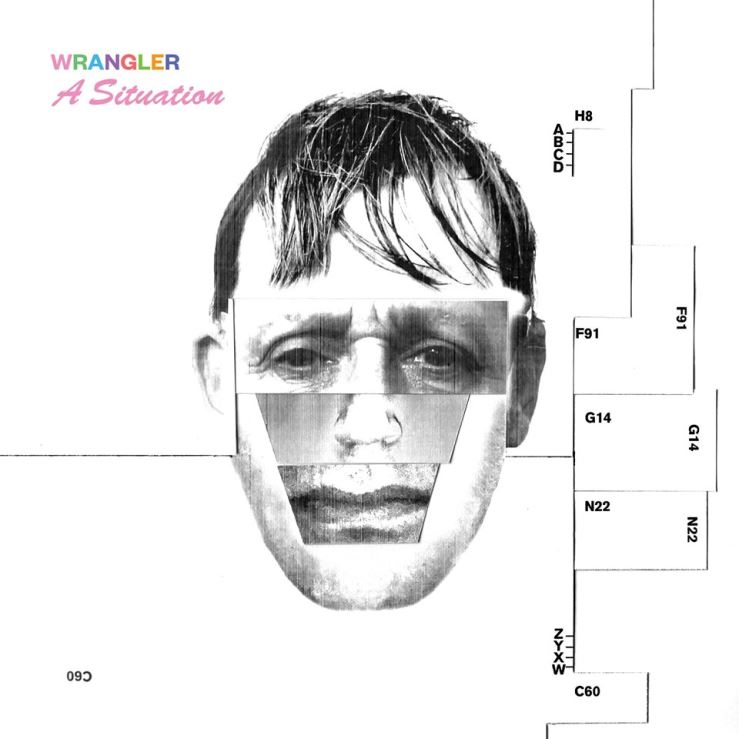
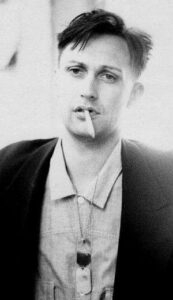
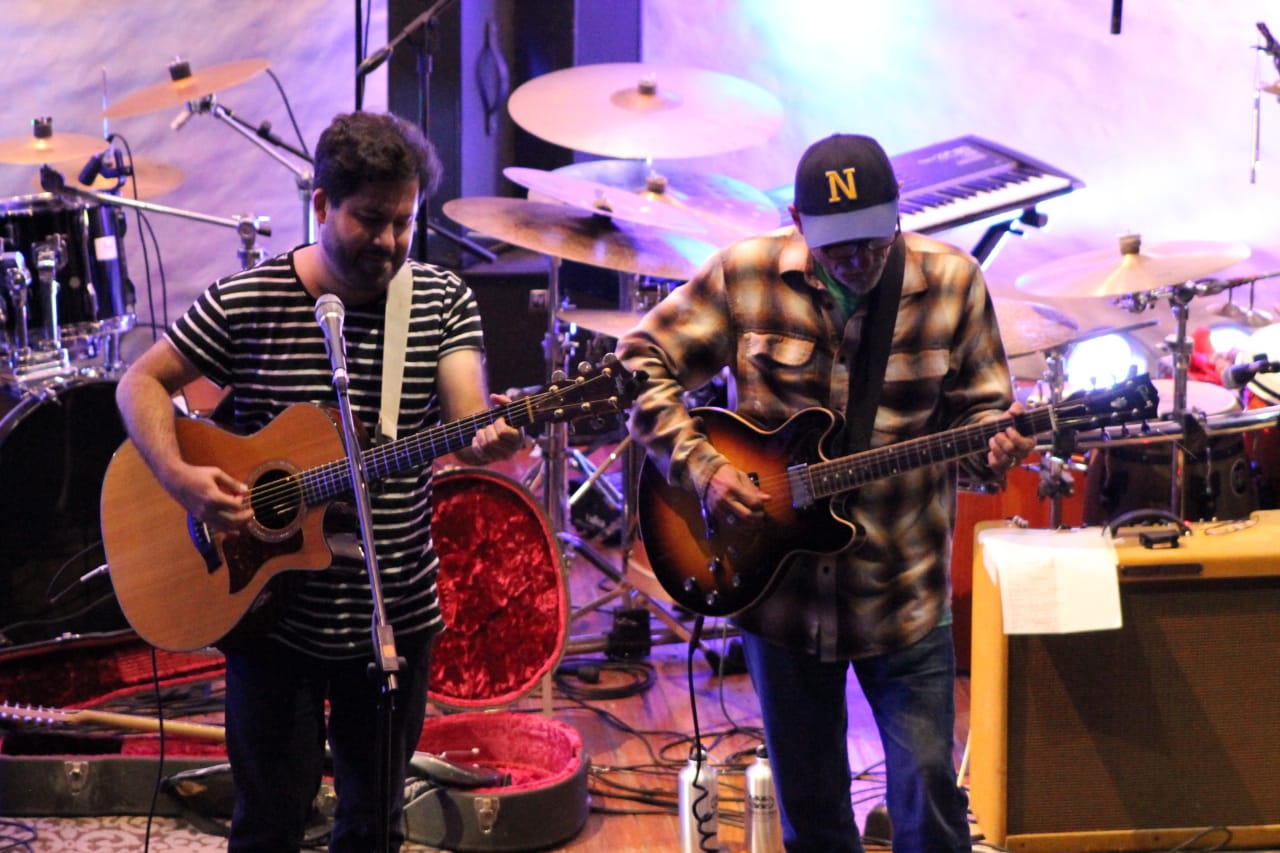
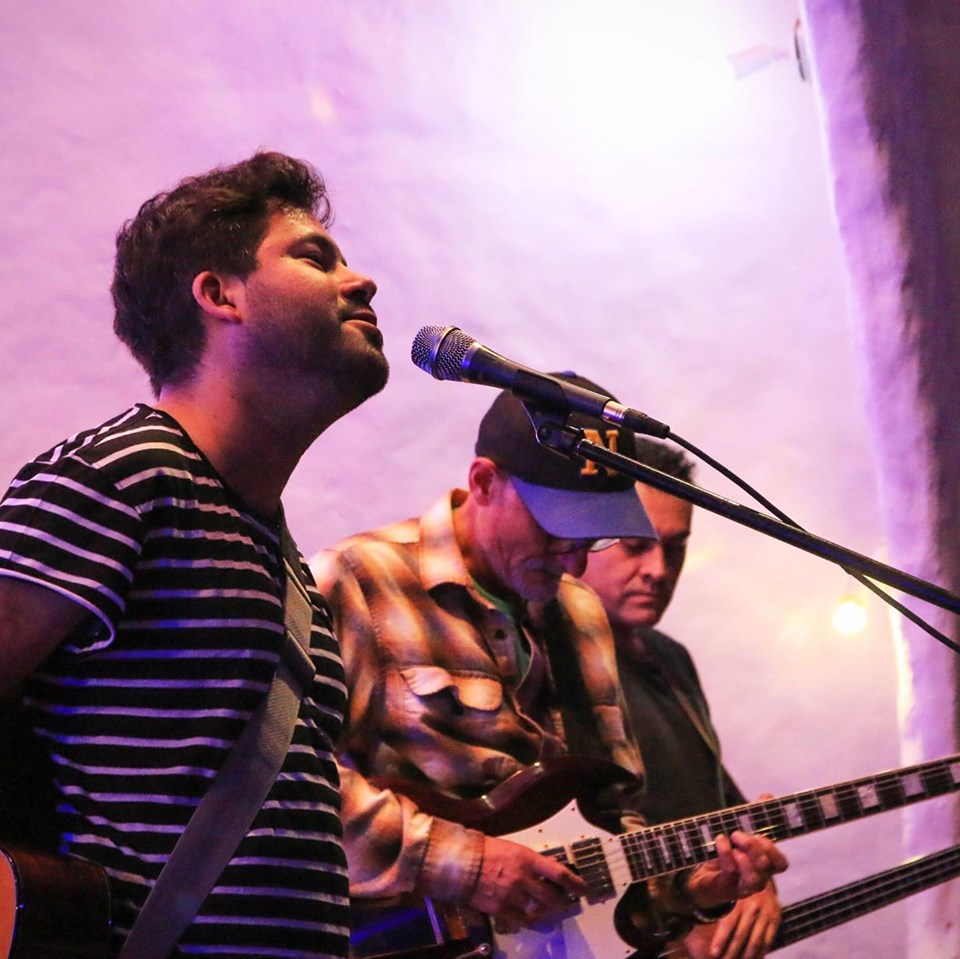
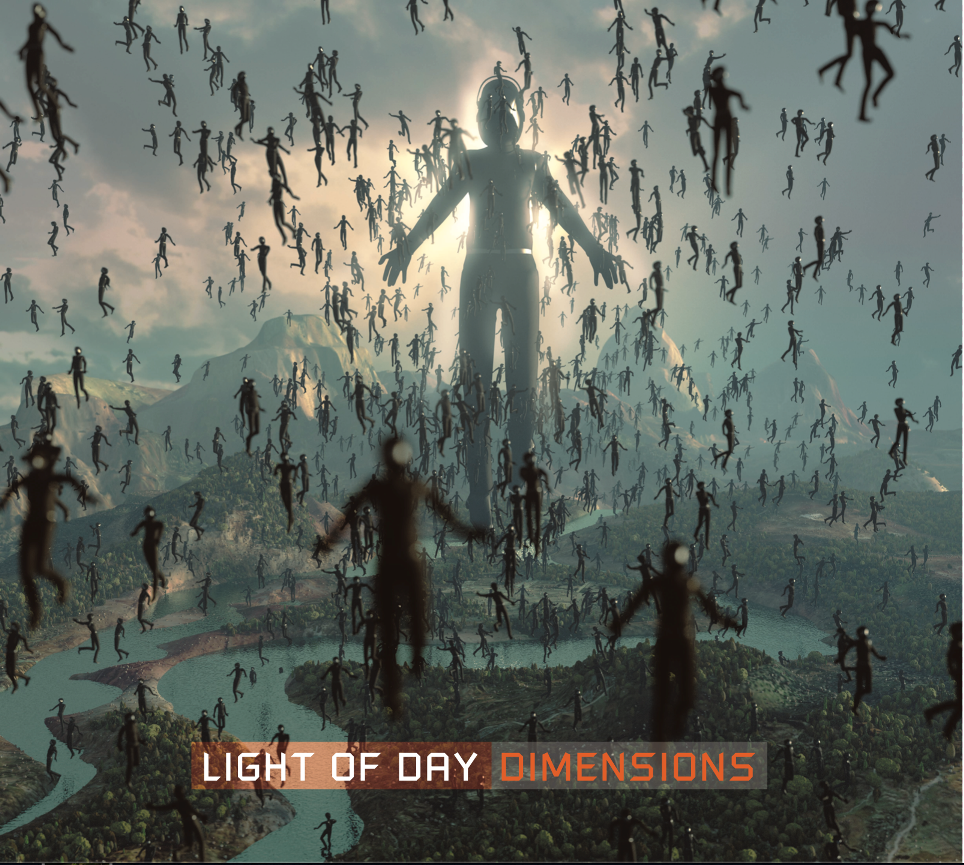
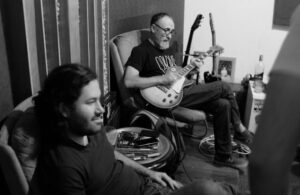
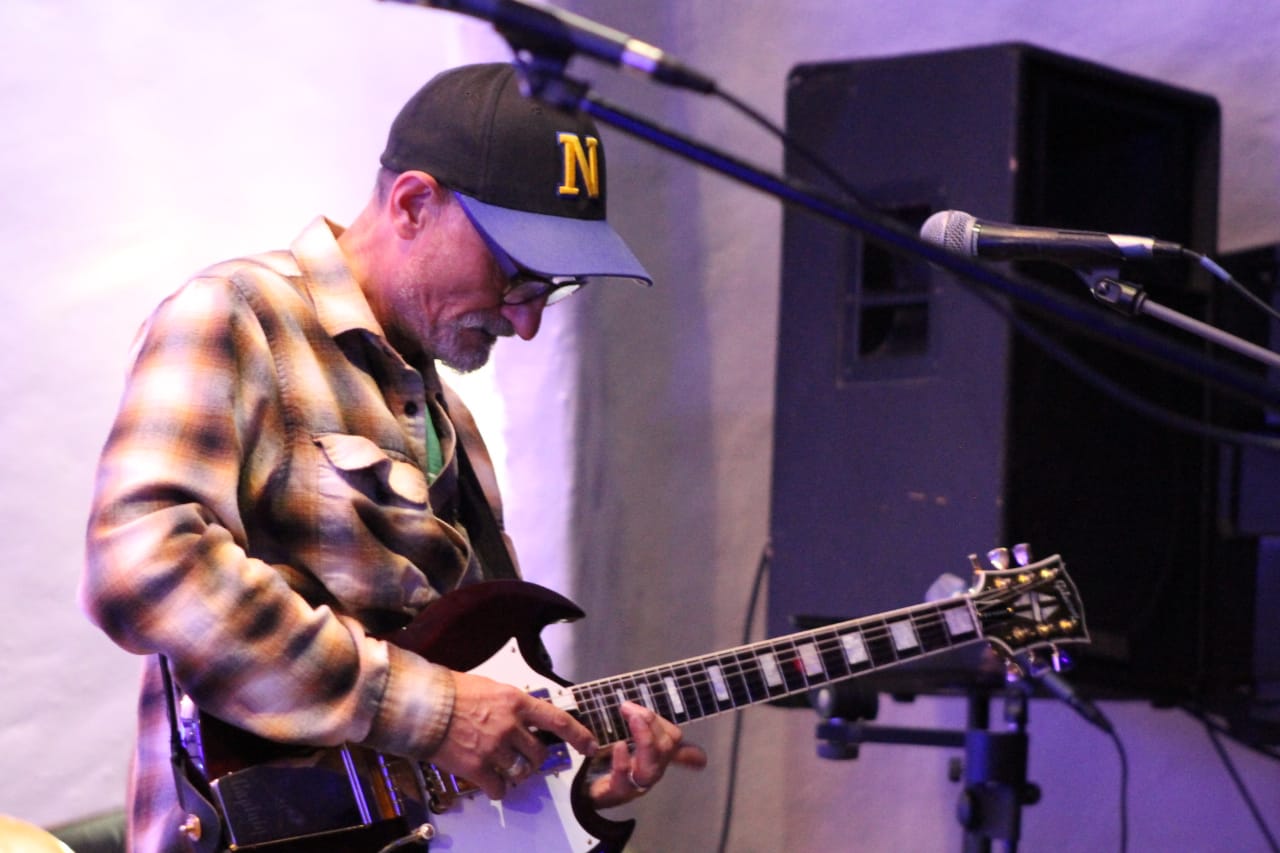
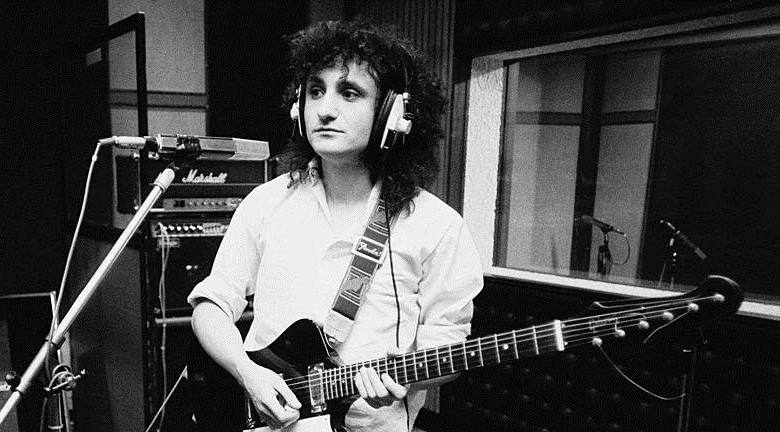
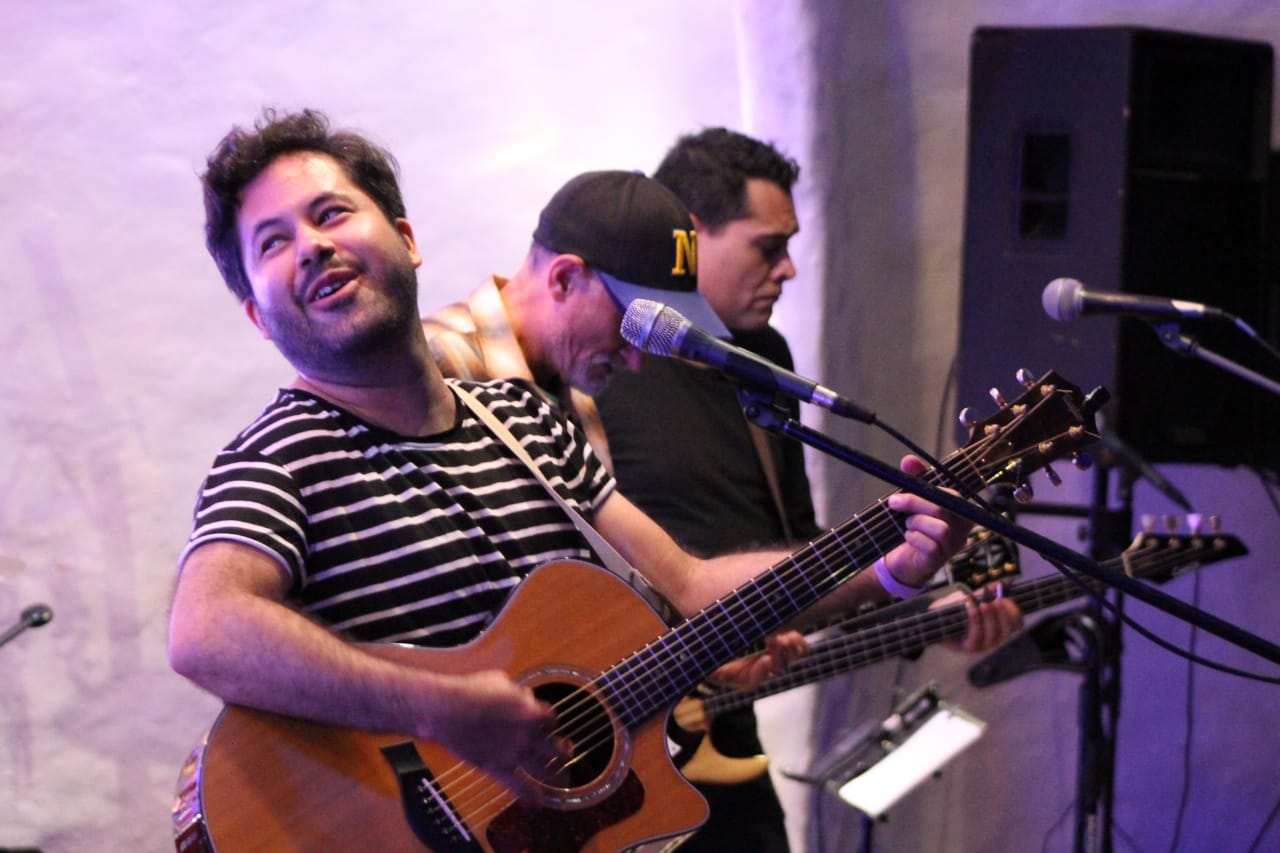
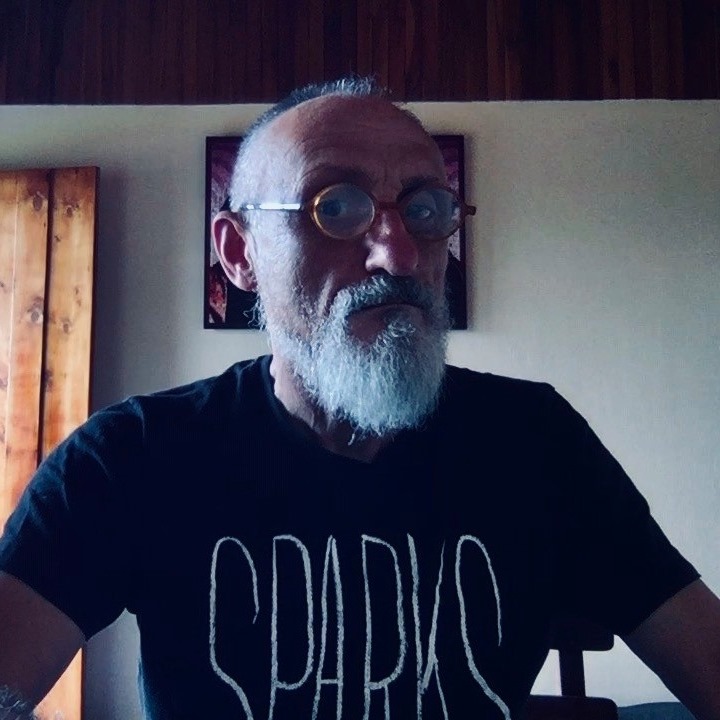
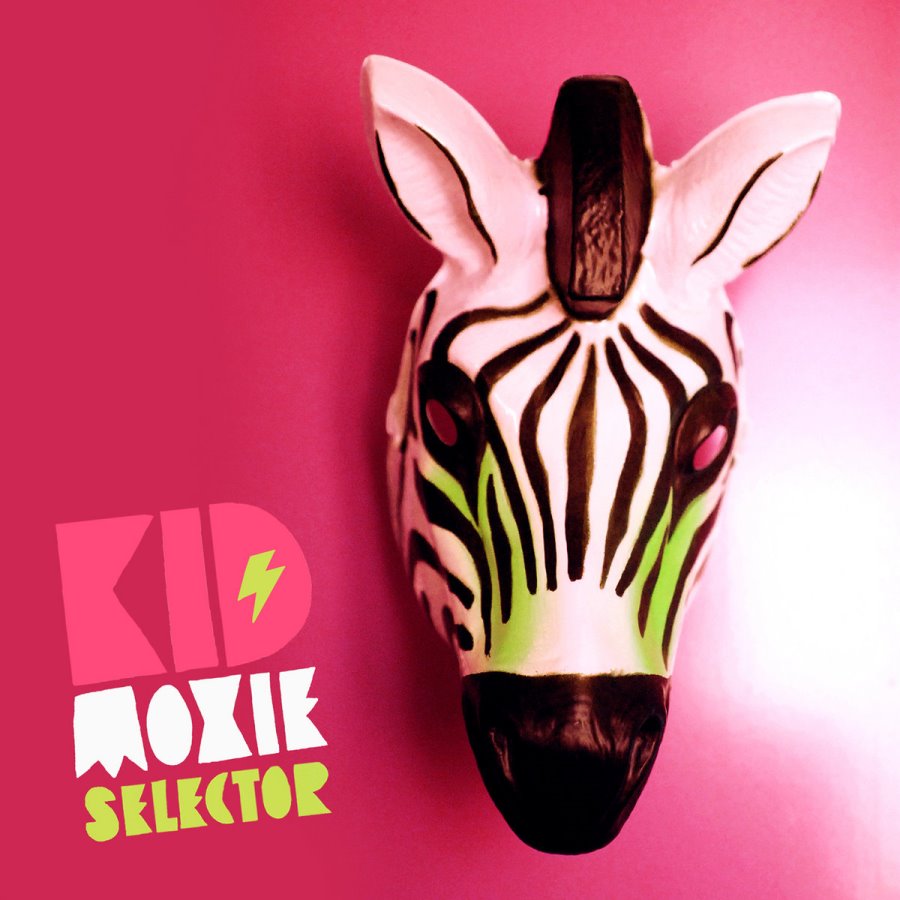
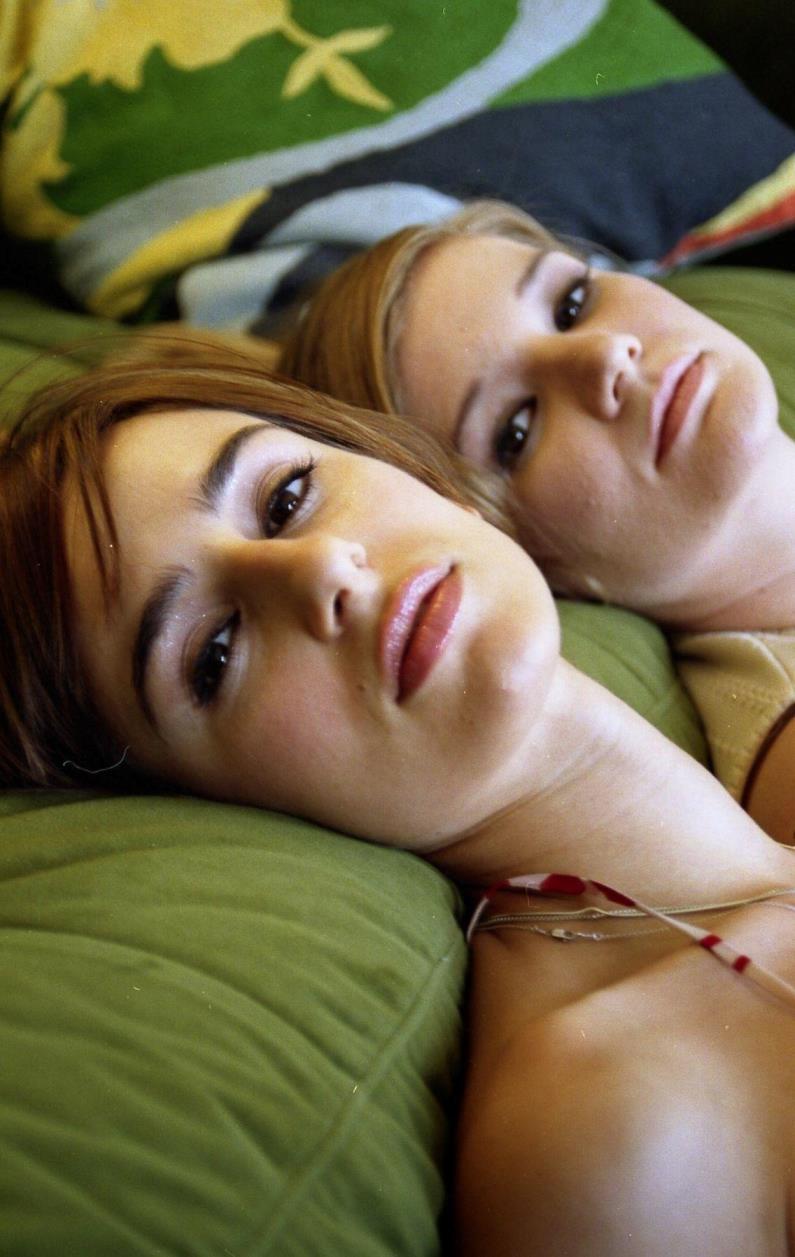

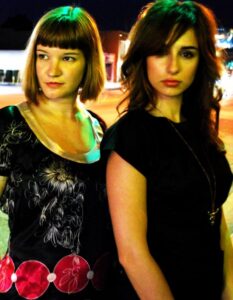
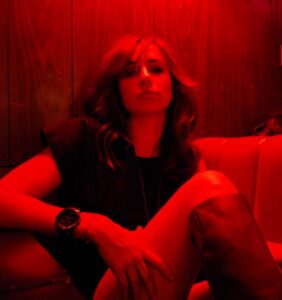
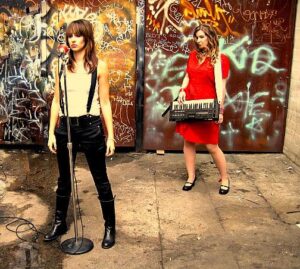
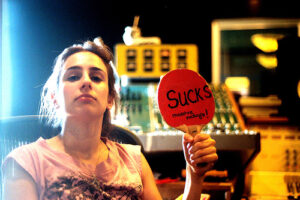
Follow Us!